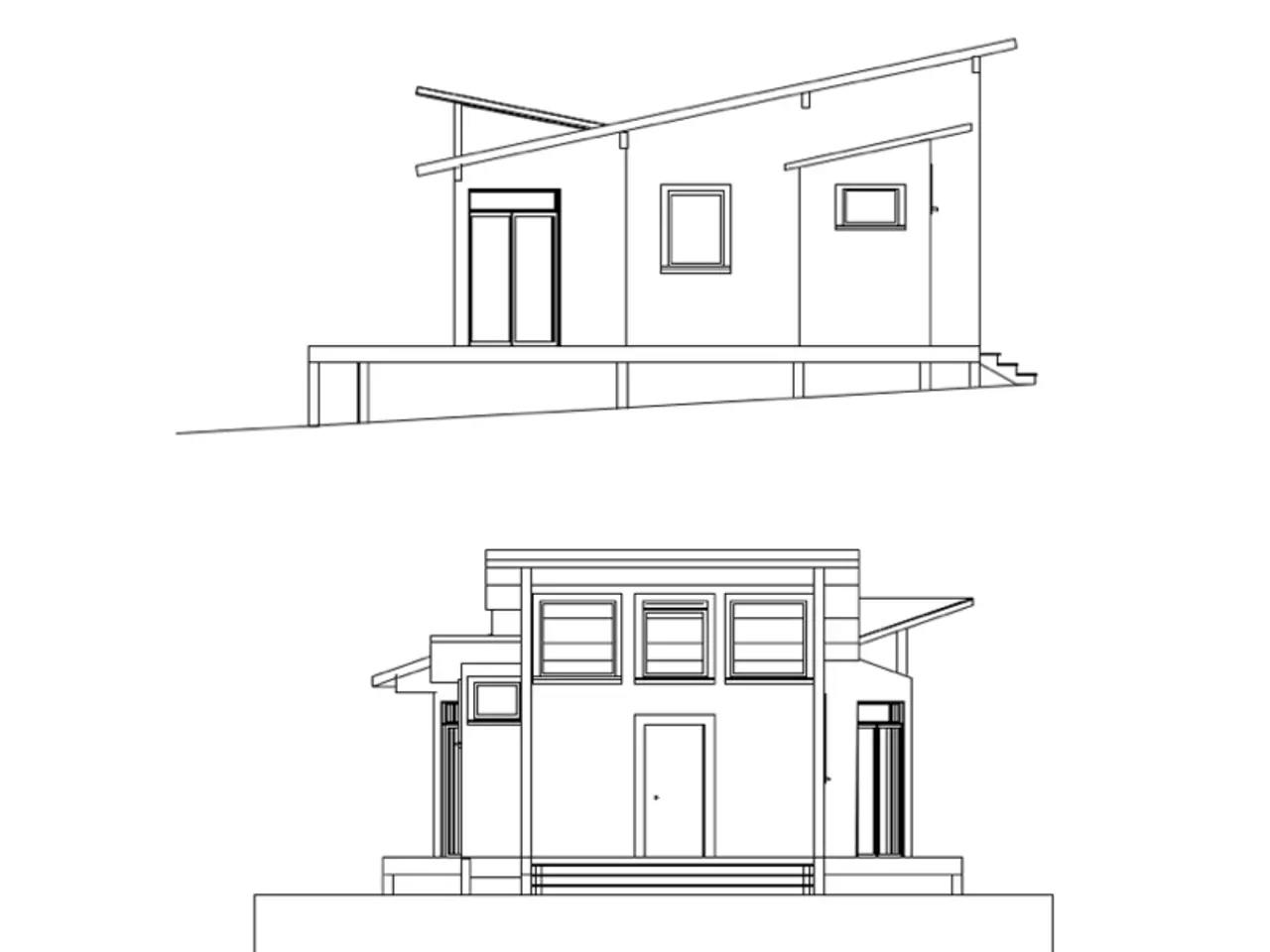Used Motorcycles Available for Purchase: Essential Facts to Consider Prior to Your Purchase
======================================================
A salvage motorcycle is a bike that has been damaged or declared a total loss by an insurance company. Before considering a salvage bike purchase, it's essential to understand the implications and potential risks involved.
Purchasing a Salvage Motorcycle
Salvage motorcycles can be found through various channels, including online salvage auctions, insurance companies, motorcycle dealers, private sellers, and salvage yards. The biggest advantage of buying a salvage motorcycle is its lower purchase price, often selling for 40% to 70% less than their clean-title counterparts.
Legal Requirements
When buying a salvage motorcycle, legal requirements typically include obtaining a salvage title, completing necessary repairs, passing a state-mandated inspection, and obtaining a rebuilt title before registration and legal road use. The motorcycle must be fully restored to meet safety standards, with documentation such as receipts for replaced parts, photos of repairs, and certification from licensed salvage rebuilders often required by the state's Department of Motor Vehicles (DMV).
Potential Risks
Title and registration issues, insurance challenges, and poor resale value are potential risks associated with buying a salvage motorcycle. Difficulties in obtaining full insurance coverage are common, as salvage vehicles usually cannot be insured with standard full coverage until they are rebuilt and certified.
Possible hidden mechanical or structural damage can also affect safety and performance. For example, structural damage can be harder to spot and more dangerous in motorcycles than in cars due to their reliance on frame alignment for safety and performance. Salvage motorcycles may have hidden damage such as frame misalignment, bent forks, or electrical faults.
Inspection Considerations
Before buying, it's important to inspect the bike in person or hire a professional, and to review the listing carefully, looking for signs of frame and fork damage, engine and transmission issues, and uneven tire wear. Inspection should also include checking the battery condition, wiring harness condition, headlight and taillight connections, and noting missing brake calipers, lines, control switches, or display gauges. Additionally, look for rusted or leaking shocks, bent wheels or rotors, and cosmetic damage like cracked or missing plastics.
Financing and Resale Value
Challenges in financing or transferring ownership may arise due to stricter registration and titling requirements, which vary by state and may require emissions testing and detailed proof of repairs. The reduced resale value is also a significant factor, as the salvage branding permanently recorded on the title can impact the bike's value.
Additional Costs
Costs to consider beyond the purchase price include shipping or towing costs, inspection fees, registration and title transfer costs, parts and labor costs, tools costs, and insurance costs. The additional paperwork and costs involved in inspections and certification, with DMV fees and potential re-inspections if paperwork is incomplete, should also be factored into the budget.
The DIY Approach
If you're handy with tools and understand motorcycle mechanics, buying salvage can be a great way to save money while learning new skills. However, it's crucial to be aware of the potential risks and to approach the purchase with caution, thorough inspection, and a solid understanding of the legal requirements in your state.
[1] State-specific Salvage Motorcycle Laws [2] Buying a Salvage Motorcycle: What You Need to Know [3] The Pros and Cons of Buying a Salvage Motorcycle [4] How to Buy a Salvage Motorcycle [5] Salvage Motorcycle Buying Guide
In the process of buying a salvage motorcycle, it's worth noting that finance options can be limited due to the reduced resale value and potential for additional repair costs. Moreover, the automotive industry plays a crucial role in the transportation sector, as many salvage motorcycles may require replacement parts from the industry to be restored and meet safety standards.




